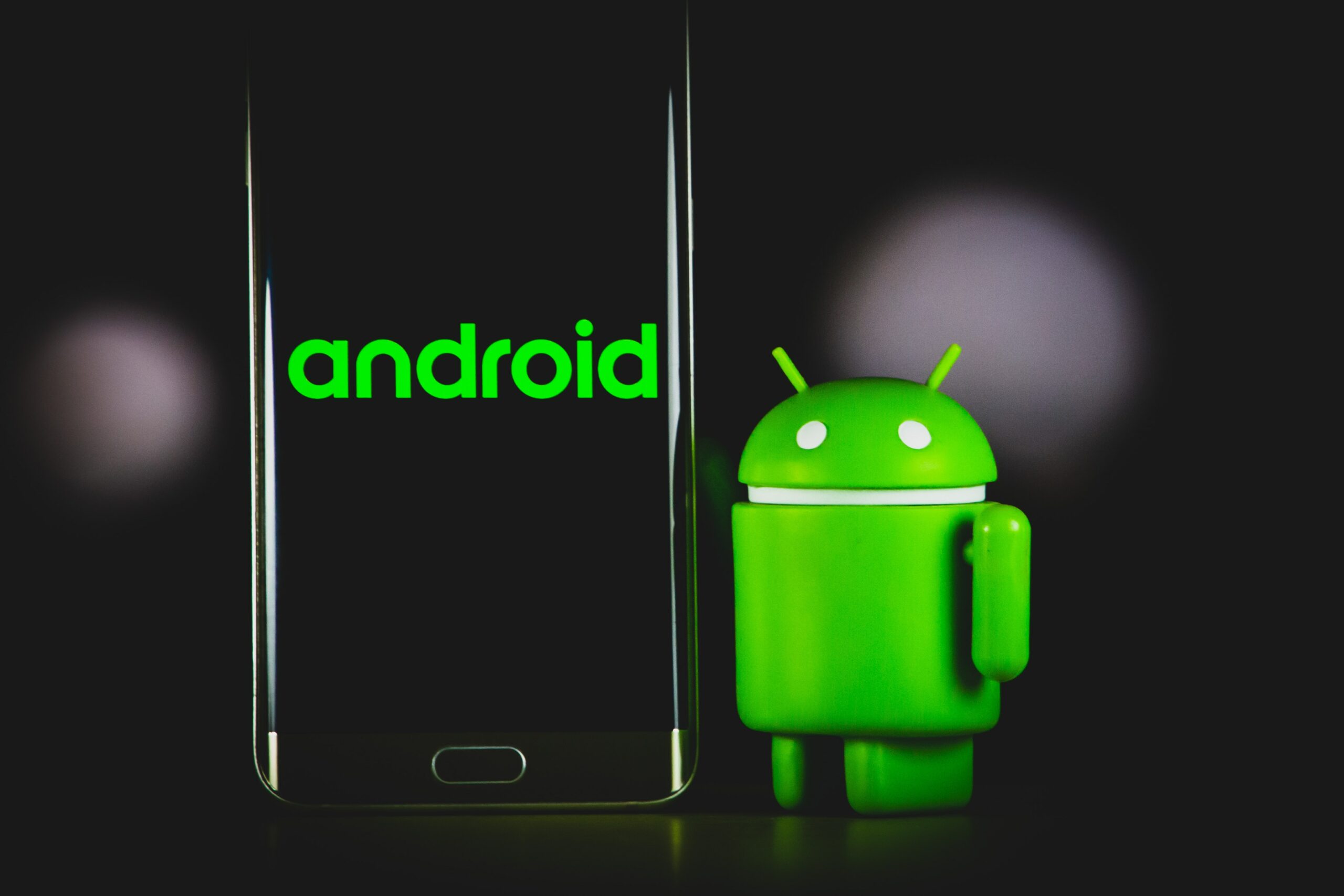Less than three years have passed since Google announced that it was definitively abandoning the development of Android tablets. But that didn’t just mean throwing everything away in terms of its own products — after all, there was no more news of the Pixel Slate since 2018 — but also not paying attention to optimizing its operating system for it. form factor. However, in Mountain View they seem to have changed their minds recently.
According to 9to5Google, last year Google would have given life to a new initiative focused on Android tablets. While details are scarce, the project would be interesting enough to bring back Rich Miner, who co-founded Android Inc., the company that created the mobile OS before it was taken over by Google.
But the most striking thing about this whole story is that Californians now consider tablets to be “the future of computing,” when just a couple of years ago they wanted nothing more to do with them. This is what Google has mentioned in a job search cited in the aforementioned report:
We believe that the future of computing is shifting to more powerful and capable tablets.
However, this does not necessarily mean that Google will release its own Android tablets again in the near future; but it has promised to pay attention to software again so that the experience of users (and manufacturers) takes a leap in quality.
Android 12L would be the first indication of Google’s renewed interest in tablets
9to5Google indicates that Rich Miner would be working on Google’s new initiative for Android tablets from March 2021, at the earliest. The team’s duties would be to work closely with manufacturers and app developers, as well as with the team behind the operating system.
The first public sign of Google’s renewed interest in devices of this type occurred at the end of last October. Around that time, the company released Android 12L, a new version of the software intended for foldable devices and tablets. The novelty caused real surprise; after all, optimizing for foldables was to be expected as it’s one of the biggest trends in the industry right now, but repurposing the OS for tablets wasn’t on anyone’s radar.
Let’s keep in mind that in recent years we have practically not come across flagships in the Android tablet market. Except for the specific cases of Samsung, Xiaomi and Lenovo, the rest of the companies do not have them as a priority in their launches. And any possibility of optimization depends purely and exclusively on the customization layer that runs on the OS (OneUI, MIUI, etc.).
This does not mean that there are no other proposals under this form factor. There are many, in fact, but most of them are super cheap devices, with very basic hardware and software features. Moreover, it is quite common to see them even with Android Go.
It is clear that what Google can propose with Android 12L and its new efforts in the tablet market do not aim to improve the latter, but to try to offer the flagship experience that is so much demanded of the devices of its main commercial partners.
Android and Chrome OS, hand in hand
The renewal of Google’s interest in Android tablets would not be to the detriment of Chrome OS. Apparently, those from Mountain View would bet that the development of both software platforms will continue to be simultaneous; it would not matter if there is an overlap in certain sections. Let’s not forget that there are already Chrome OS tablets that are capable of installing and running Android apps through the Play Store, and Android 12L enhancements would also be available in the software on Chromebooks.
In any case, rumors of a possible merger between Android and Chrome OS have existed since 2010, and they reappear from time to time. And considering how Google changes its opinions from one year to the next, we can only think of one phrase: “never say never”.



